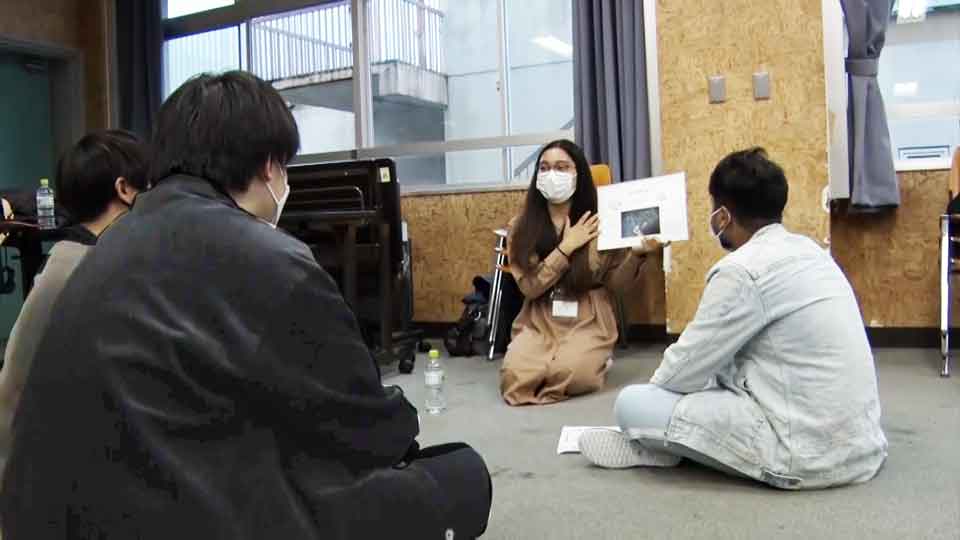"I didn't know how to communicate with my classmates and teachers," says Neha K.C., who entered a junior high school in Japan after moving from Nepal five years ago to join her father, who works at a restaurant. "My confidence was so low that I rarely spoke to anyone."

Neha says she received no official support, and she is far from the only example in Japan's junior high schools: An education ministry survey suggests that more than 51,000 students across the country needed help with the Japanese language in 2018.
It also suggests that nearly 10 percent of those in high school dropped out. That's seven times more than among students of Japanese origin.


NPOs seen as crucial
Neha's life changed for the better when she began taking evening classes at the Tokyo Metropolitan Asuka High School, which included Japanese-language tuition. It proved to be transformational, and helped give her the confidence to aim for university.
The education ministry wants to support such activities, and its FY2021 budget earmarked more than $8 million to help prepare students of foreign descent for a life in Japan. That represents an almost 20 percent jump on the figure from a year earlier.
The ministry is also encouraging schools to work with local nonprofit organizations to address the issues faced by students of foreign descent.

Again, Asuka High has a head start. The school works with Katariba, a non-profit organization that aims to close what it calls "opportunity gaps" among teenagers. Katariba helped Neha prepare for a university entrance exam and taught her skills to help get and pass interviews, write essays, fill in forms and apply for scholarships.
In December, Neha passed the exam for the university she wanted to enter. She says that she wants to study hard to become an IT specialist and help other people who need support.

Former students give back
Neha's school days are nearly over, but she could be back at Asuka High one day soon. The school runs another program in which former students help current students plot their futures. Discussions cover all sorts of topics, including the level of Japanese required to enter college or vocational school.

Azuma Michiyoshi, the deputy head of Asuka High's night program, is looking at the bigger picture. "Allowing foreign students to realize their potential is very important for Japanese society. We're responsible for helping them develop their language skills before entering the workforce."

